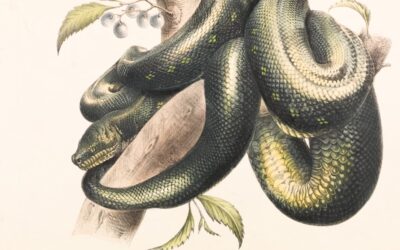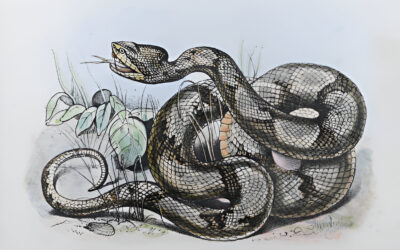What can baby birds eat?
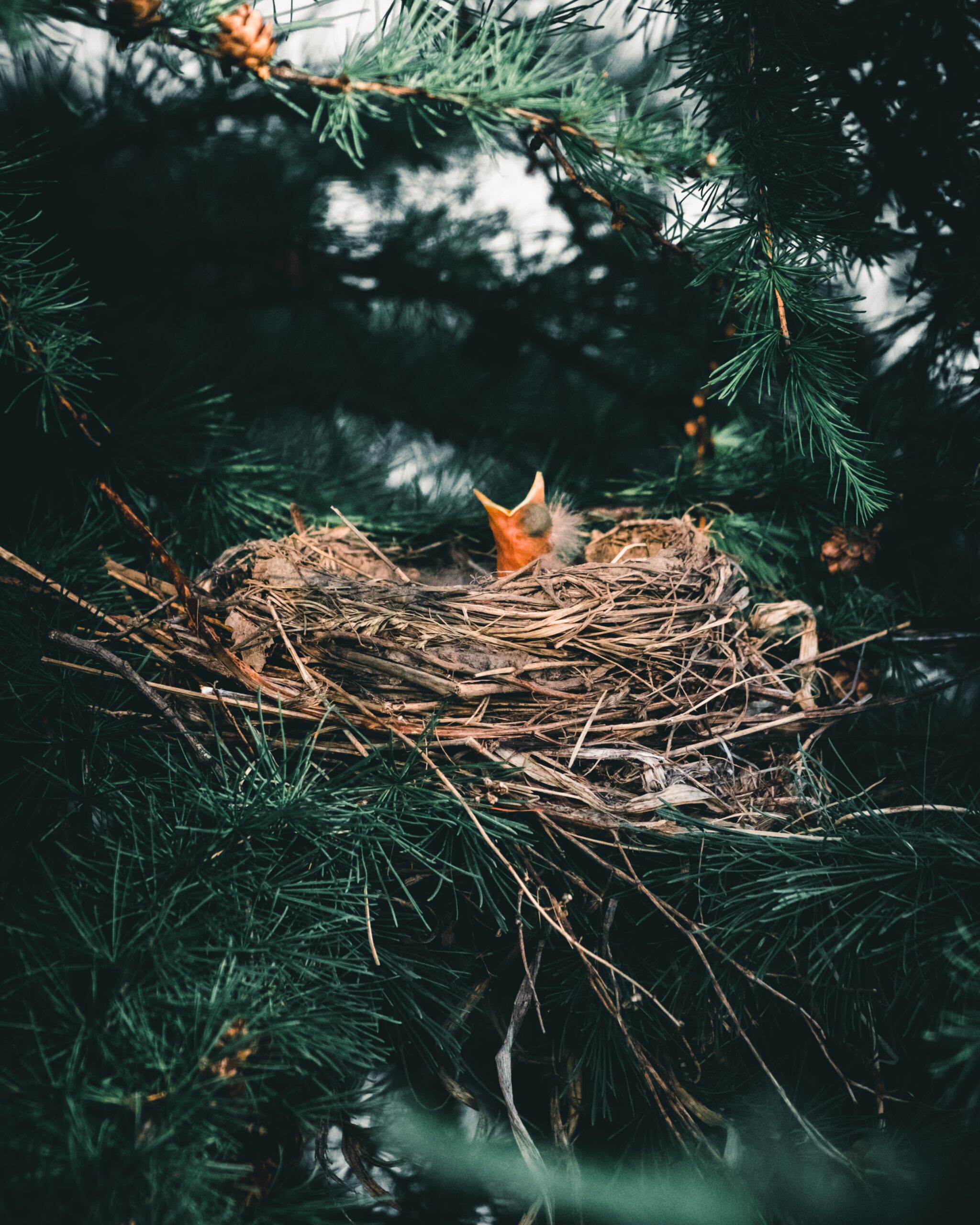
Introduction
Baby birds should mostly eat insects and other small prey, as well as a limited amount of seeds. They should not eat anything that is bigger than their head, as this could cause them to choke.
What to do if you find a baby bird
If you find a baby bird, it is important to know what to do. You should try to find the baby bird’s parents. If you can’t find the parents, you can take care of the baby bird yourself. You will need to give the baby bird food and water. The best food for baby birds is insects and other small prey. Make sure to not give the baby bird anything that is bigger than their head, as this could cause them to choke. You will also need to provide the baby bird with fresh water. Once the bird is old enough, you can release it back into the wild.

Introduction
Baby birds should mostly eat insects and other small prey, as well as a limited amount of seeds. They should not eat anything that is bigger than their head, as this could cause them to choke.
What to do if you find a baby bird
If you find a baby bird, it is important to know what to do. You should try to find the baby bird’s parents. If you can’t find the parents, you can take care of the baby bird yourself. You will need to give the baby bird food and water. The best food for baby birds is insects and other small prey. Make sure to not give the baby bird anything that is bigger than their head, as this could cause them to choke. You will also need to provide the baby bird with fresh water. Once the bird is old enough, you can release it back into the wild.
How to feed a baby bird
Feeding a baby bird should be done carefully and cautiously. The best food for baby birds are insects and other small prey, as well as a limited amount of seeds. You should never feed a baby bird anything that is bigger than their head, as this could cause them to choke. It is also important to provide fresh water for the baby bird.

How to feed a baby bird

Feeding a baby bird should be done carefully and cautiously. The best food for baby birds are insects and other small prey, as well as a limited amount of seeds. You should never feed a baby bird anything that is bigger than their head, as this could cause them to choke. It is also important to provide fresh water for the baby bird.
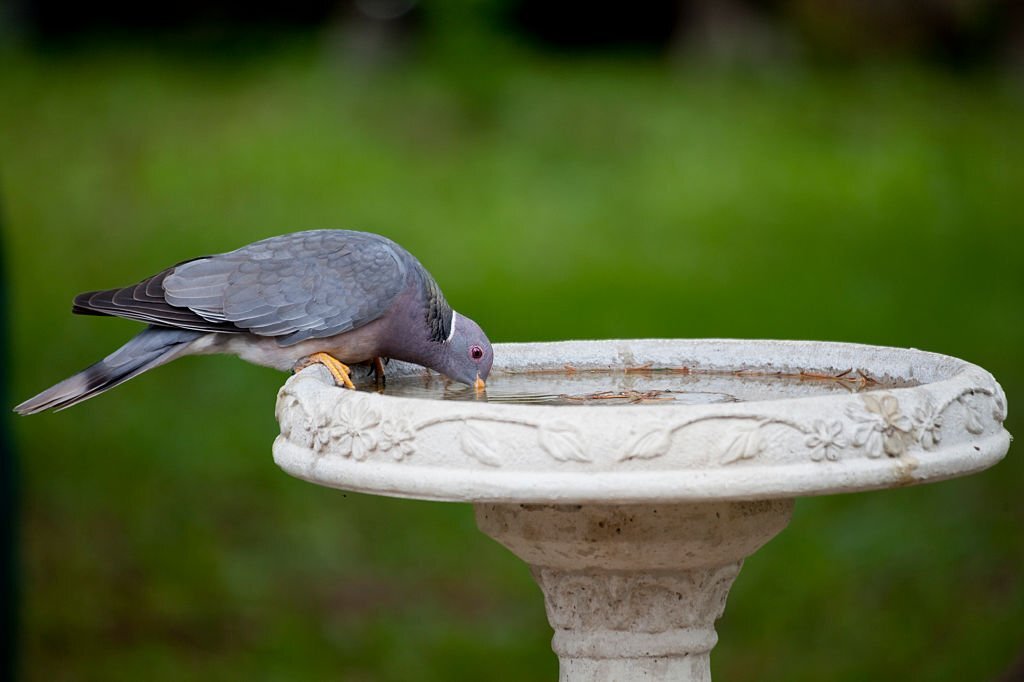
The importance of providing fresh water
Fresh water is essential for all birds, especially baby birds. This can be done by providing a shallow dish filled with fresh water. Your bird should drink from the dish as often as they need to and you should make sure to keep the water clean and replace it regularly.
The importance of providing fresh water

Fresh water is essential for all birds, especially baby birds. This can be done by providing a shallow dish filled with fresh water. Your bird should drink from the dish as often as they need to and you should make sure to keep the water clean and replace it regularly.
What not to feed a baby bird
It is important to know what not to feed baby birds. This includes dairy products, chocolate, avocados, and other foods that can be dangerous for birds. Additionally, you should avoid feeding the baby bird any insects that have been treated with pesticides.

What not to feed a baby bird

It is important to know what not to feed baby birds. This includes dairy products, chocolate, avocados, and other foods that can be dangerous for birds. Additionally, you should avoid feeding the baby bird any insects that have been treated with pesticides.
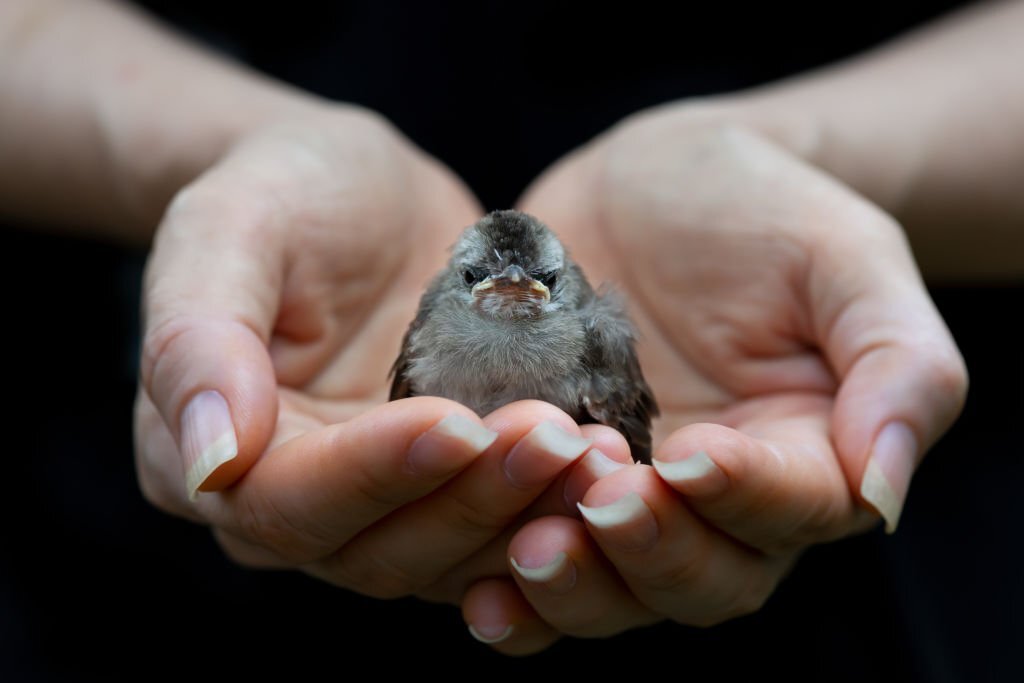
How to handle and care for a baby bird
When handling a baby bird, it is important to be gentle, calm, and patient. Make sure that your hands are clean and you should never squeeze the bird too tightly. You should also provide the bird with a warm, safe place to rest.
How to handle and care for a baby bird

When handling a baby bird, it is important to be gentle, calm, and patient. Make sure that your hands are clean and you should never squeeze the bird too tightly. You should also provide the bird with a warm, safe place to rest.
Signs that a baby bird is healthy
A healthy baby bird will be active and alert. They should also have bright eyes, plump body feathers, and their feet should be in good condition. It is important to monitor your baby bird and look out for any signs of illness.
Tips on releasing a baby bird back into the wild when it has grown strong
Once your baby bird has reached full size, you can release them back into the wild. Before doing so, you should make sure that they are healthy and have all their flight feathers intact. You may want to consider taking the bird to a location with plenty of food and other birds. You should also make sure that the area is free of any predators or hazards that could harm the bird.
These are some tips on what to do if you find a baby bird, how to care for it, and when to release it back into the wild. With proper care, you can help the baby bird have a healthy and successful life in its natural habitat.

Tips on releasing a baby bird back into the wild when it has grown strong

Once your baby bird has reached full size, you can release them back into the wild. Before doing so, you should make sure that they are healthy and have all their flight feathers intact. You may want to consider taking the bird to a location with plenty of food and other birds. You should also make sure that the area is free of any predators or hazards that could harm the bird.
These are some tips on what to do if you find a baby bird, how to care for it, and when to release it back into the wild. With proper care, you can help the baby bird have a healthy and successful life in its natural habitat.
More From This Category
Discover Ohio’s Garter Snakes and Their Habitats
Ohio has various garter snakes, each with unique characteristics and behaviors. These snakes play a significant role in Ohio's wildlife, contributing to the ecosystem in multiple ways. This comprehensive guide will explore the different types of garter snakes found in...
Discover Tennessee’s Hidden Gems The Rat Snake Guide You Need
Introduction Rat snakes are a fascinating and vital part of Tennessee’s wildlife. These nonvenomous snakes play a crucial role in maintaining the balance of our ecosystem. Understanding them helps us coexist peacefully and contributes to conservation efforts. This...
Discovering Alabama Kingsnakes: A Comprehensive Guide for Reptile Enthusiasts
Alabama is home to some of the most fascinating kingsnakes in the United States. These reptiles play a crucial role in the ecosystem and captivate reptile enthusiasts with their unique behaviours and striking appearances. Whether you're a seasoned herpetologist or a...

